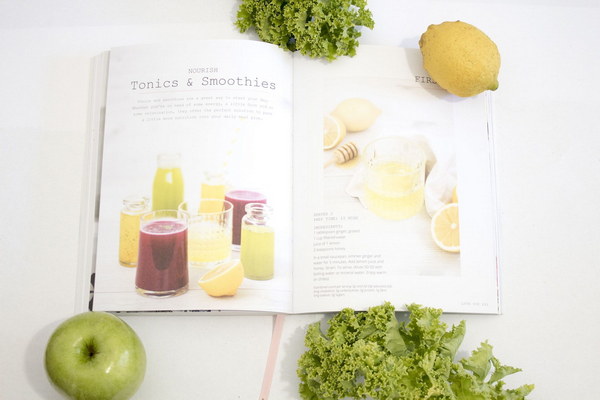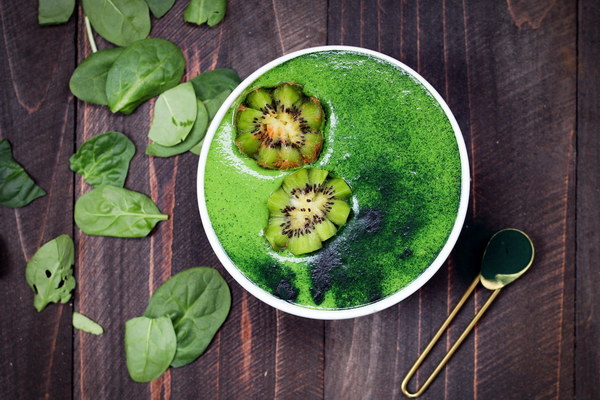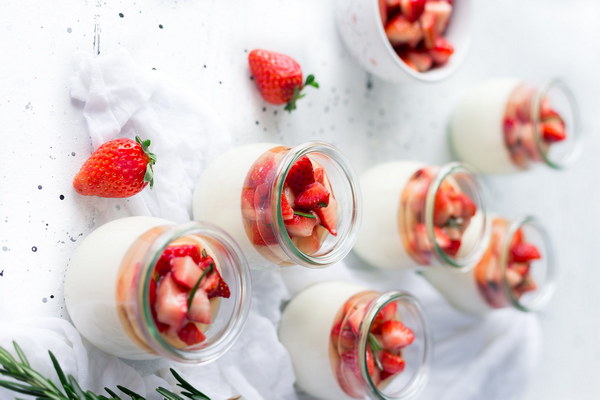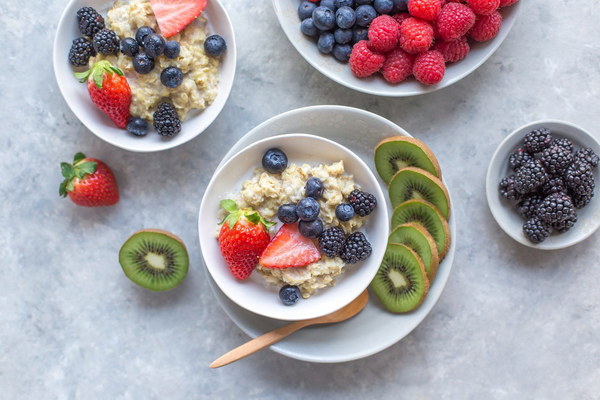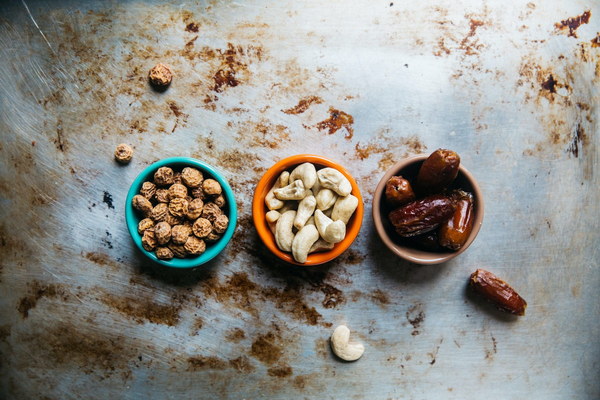Boost Your Qi and Blood with These Traditional Chinese Herbal Foods
In Traditional Chinese Medicine (TCM), the concept of balancing one's Qi (vital energy) and Blood is fundamental to maintaining health and well-being. When these vital forces are depleted or imbalanced, it can lead to a variety of issues, including fatigue, weakness, and even chronic diseases. To replenish and harmonize your Qi and Blood, incorporating certain herbal foods into your diet can be highly beneficial. Here's a guide to some of the most commonly used foods in TCM for nourishing Qi and Blood.
1. Goji Berries (Lycium barbarum)
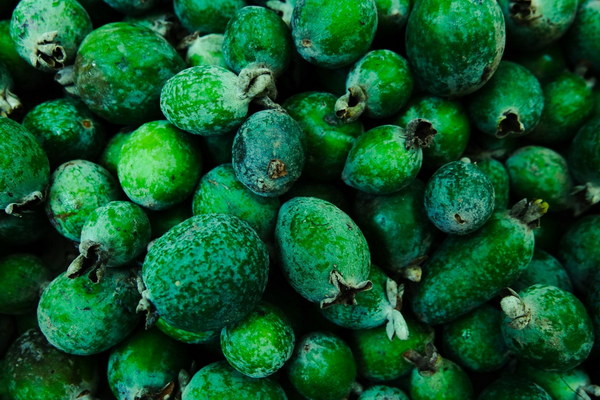
Known as the fruit of immortality, goji berries are a popular superfood in TCM. They are believed to boost the immune system, improve vision, and enhance longevity. These berries are rich in antioxidants, vitamins, and minerals, making them a perfect snack for anyone looking to nourish their Qi and Blood.
2. Dong Quai (Angelica sinensis)
Also known as female ginseng, Dong Quai is a well-known herb for women's health. It's believed to nourish the blood, regulate the menstrual cycle, and relieve symptoms of menopause. This herb is often used in soups, teas, or as a supplement.
3. He Shou Wu (Polygonum multiflorum)
This herb is often used to treat hair loss, premature graying, and weakness. It is believed to nourish the liver, kidney, and blood, and is often taken as a tea or included in herbal formulas.
4. Soy Products
Tofu, tempeh, and miso are all made from soybeans, which are considered to be excellent for nourishing Qi and Blood. They are rich in plant-based protein, isoflavones, and other nutrients that support overall health.
5. Honey and Licorice
A combination of honey and licorice is a classic TCM formula for nourishing Qi and Blood. Honey has natural healing properties and can be used to sweeten herbal teas. Licorice root is often added to herbal formulas to harmonize the other ingredients.
6. Chinese Dates (Jujube)
These small, red fruits are rich in iron, vitamin C, and other nutrients that help support blood production. They are often added to soups and stews or consumed on their own as a snack.
7. Ganoderma (Reishi)
Reishi is a medicinal mushroom that has been used in TCM for thousands of years. It is believed to boost the immune system, improve sleep, and support overall health. Reishi can be taken as a supplement, brewed as a tea, or added to soups and stews.
8. Suan Zao Ren (Sour Jujube Seeds)
These seeds are believed to nourish the heart and calm the mind, making them a great option for those dealing with stress and anxiety. They can be added to soups, teas, or consumed raw as a snack.
9. Ginseng
While not as commonly used for Qi and Blood tonification as some of the other herbs, ginseng is still a valuable herb in TCM. It is believed to boost energy, improve concentration, and support overall health. There are different types of ginseng, including American, Panax, and Siberian, each with its own unique properties.
10. Chuan Xiong (Ligusticum chuanxiong)
Chuan Xiong is a herb used to nourish the blood and relieve pain, especially in the head and limbs. It can be found in various herbal formulas and is often used in conjunction with other herbs for Qi and Blood tonification.
Incorporating these herbal foods into your diet can help support your Qi and Blood, leading to improved energy levels, better overall health, and a sense of well-being. However, it's important to consult with a TCM practitioner or healthcare provider before starting any new herbal regimen, especially if you have underlying health conditions or are taking other medications. Remember, TCM is a holistic approach to health, and a balanced diet, along with lifestyle changes, can have a significant impact on your well-being.
